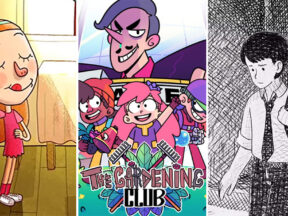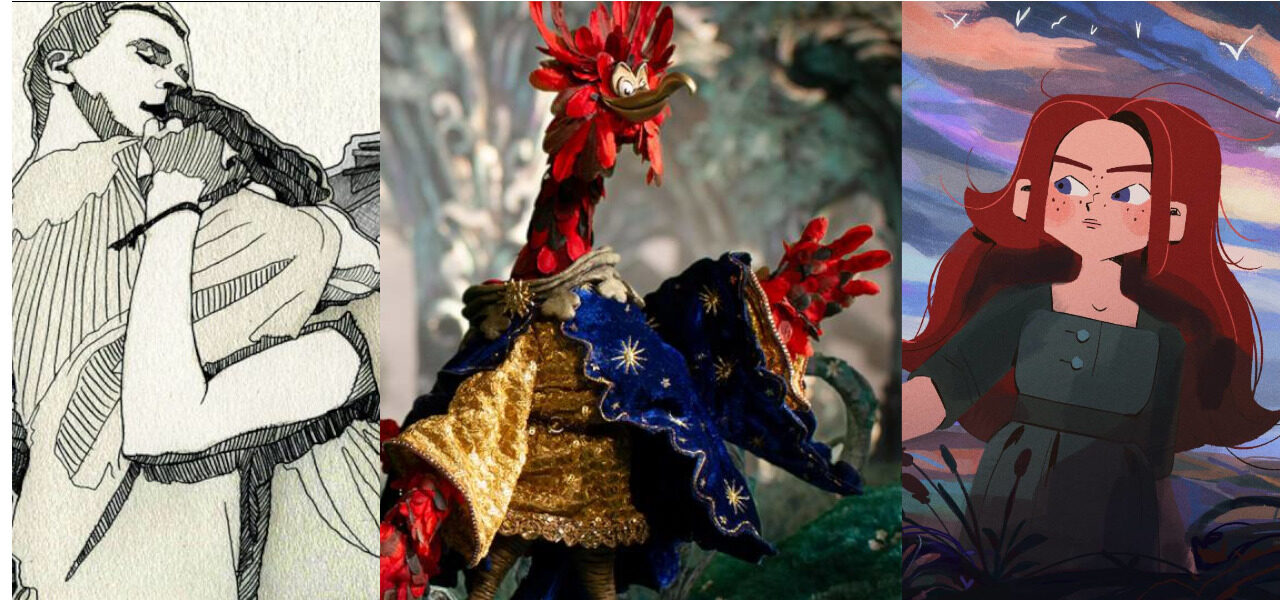
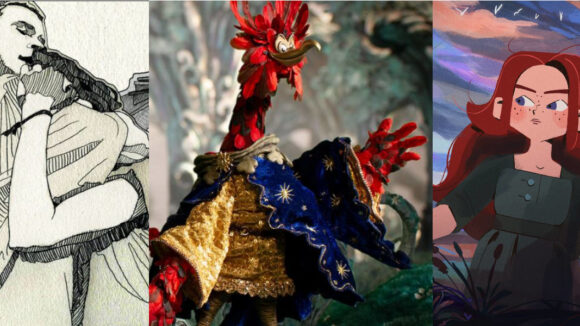
Annecy Pitches 2022: 5 Feature Projects That Caught Our Eye
Following our coverage of the Nigeria Focus MIFA pitching sessions at this year’s Annecy Festival, we’ll now take a look at another of the market’s highlights, the Feature Pitches.
This year, 86 projects were considered for participation with just eight finalists selected to present at MIFA, and the quality across all the pitches was as high as it’s ever been. The distance and displacement brought about by COVID was on the minds of many of the prospective features, as well as some common themes of patriarchal oppression tied in with despotism.
Here are some notes on what we thought were the standouts from the session:
Le Cœur à danser (The Heart of the Dancer)
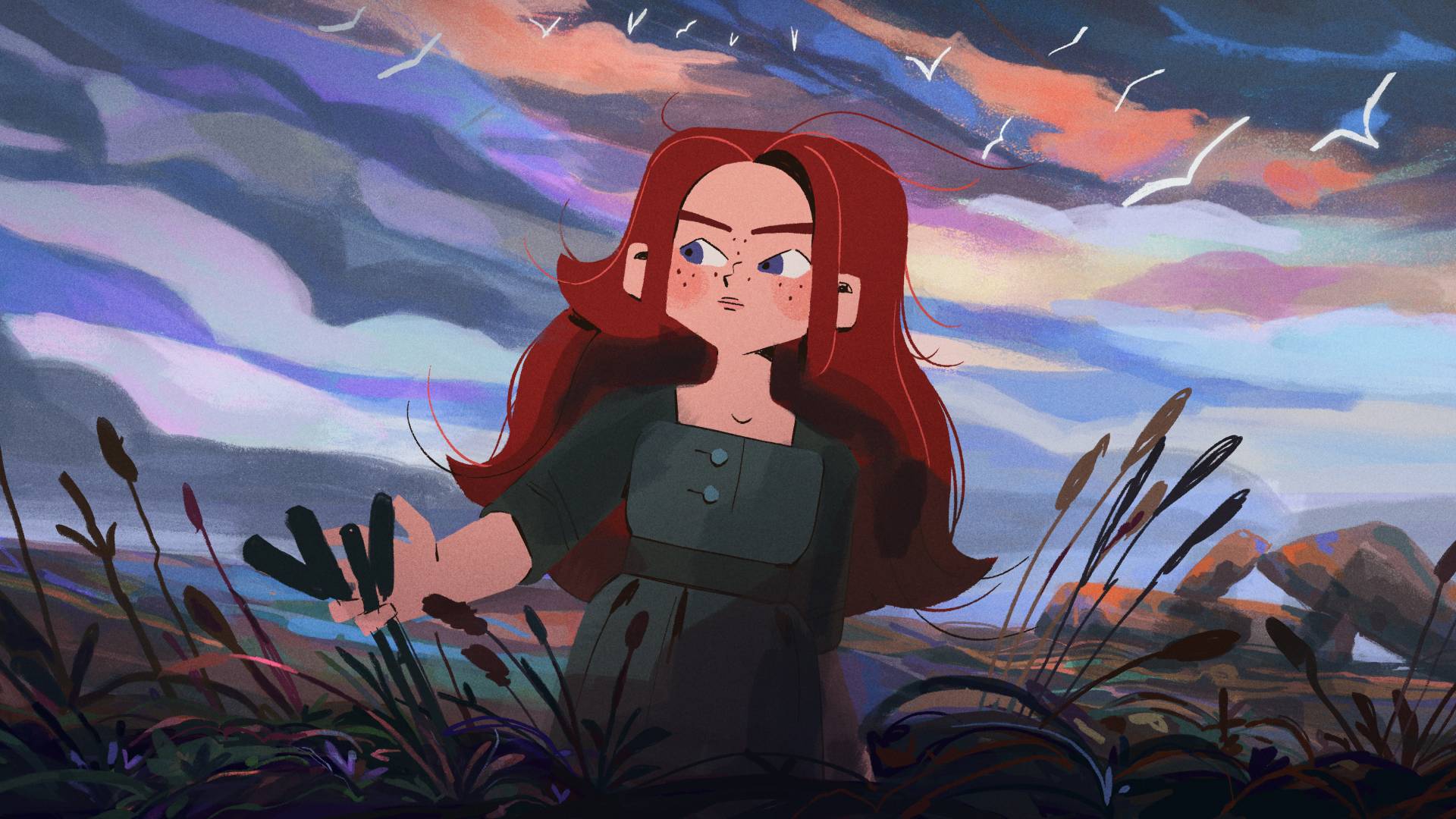
Directors: Pierre Le Couviour, Amine El Ouarti
Producer: Jean-François Le Corre, Vivement Lundi, Aurélie Angebault
Status: Development
Looking For: broadcasters, distributors, producers/co-producers
Budget: $7,340,000
Making a strong impression at the opening of the session was Le Cœur à danser, a historical fantasy from an original script. Citing the anxiety of the pandemic as an inspiration for the film’s focus on festivity and the absence of festivity during lockdown, the story is set in 1918 Brittany in Douarnenez, a “land of fishermen and legends.” In the story, the town’s annual festival has been called off by war and young protagonist Venaig’s father is at the battlefront. Inspired by patriarchal absence caused by military drafts during World War I, the film follows Venaig as she tries to hasten her father’s return by throwing the party everyone used to love.
Amidst their narrative-heavy presentation, directors Pierre Le Couviour and Amine El Ouarti directly cited the films Calamity, a Childhood of Martha Jane Cannary, recent Academy Award winner Coda, and Stephen Daldry’s Billy Elliot, though the former is seen most clearly in the film’s graphic style and broad brush strokes in its background art. The presenters of the 80 minute, 2d-animated project showed some gorgeous concept art, full of vivid color and expressive power evoking the melancholy of this land defined by absence and isolation.
Tribe
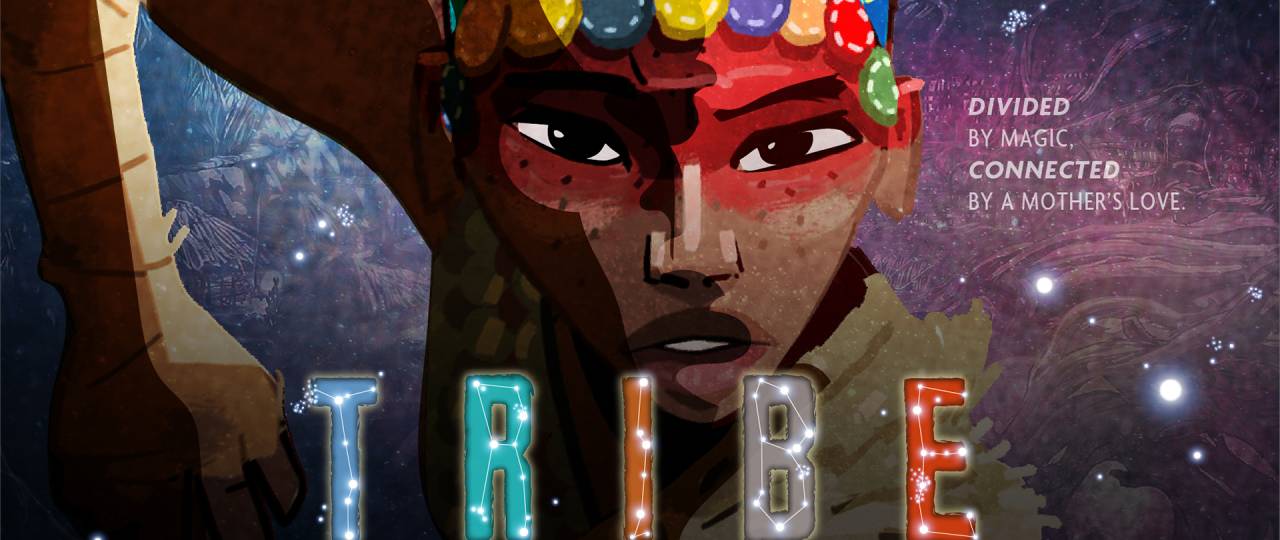
Director: Tendayi Nyeke
Producer: Ndiani Studios, Tendayi Nyeke, Triggerfish Animation Studios
Status: Development
Looking for: graphic designers, broadcasters, distributors
Budget: $21,000,000
Charismatically presented in something of a sing-song voice by director and producer Tendayi Nyeke, a supervising producer on Disney’s upcoming Kizazi Moto: Generation Fire animated anthology, the Zimbabwean and South African co-production began a thematic recurrence across the pitch session: an escape from the tyranny of patriarchy. Now at the script stage, the film is set in a world where only women manifest magic. Powerless mother Timba, married to a despot who siphons her abilities for himself, escapes with her daughter to find refuge, fearing the exploitation of her child.
Timba eventually learns that she is the key to stopping a war that threatens the area. During her pitch, Nyeke attributed Timba’s resilience to that of her grandmother – an orphan just like the character – who lived through Zimbabwe’s second liberation in the 1960s. Mixing the bold patterns of the tribes of Nyeke’s family with cosmic wonder and a down-to-earth sense of humor (one character, Basi, is based on both the Fresh Prince and Nyeke’s uncle), Tribe focuses in on matrilineal trauma and attempts to mend it. Given the chance, the project looks like it will pull off the feat with style and heart.
La balada del fénix (The Ballad of the Phoenix)

Director: Arturo Ambriz, Rodolfo Ambriz
Producer: Cinema Fantasma, Rodolfo Ambriz, Adriana Rendon Velazquez
Status: Development
Looking For: broadcasters, distributors, producers/co-producers
Budget: $1,840,000
The only stop-motion feature of the presentation also proved one of the most offbeat, with co-directors Arturo and Rodolfo Ambriz building on their years of experience working together to pitch an idiosyncratic feature that aimed to show a different side of Mexican culture. “We sometimes get a little tired of sombreros, tequila, and luchadores,” the two quipped before showing off the focus of their film – walking castles and alchemy mixed with feudal fantasy on a quest “for ancient wisdom.”
The quest begins when a young goblin princess realizes her father is a tyrant (played by Gael Garcia Bernal in a rare heel turn for the actor), and has to pick between saving his life or saving the kingdom from his cruel oppression. To help in the decision, she receives guidance from her father’s worst enemy, an alchemist phoenix. With animation produced at Mexico’s studio Cinema Fantasma – vouched for by current Annecy Festival darling Guillermo Del Toro – Ballad of the Phoenix crosses brightly colored puppets with desaturated backgrounds, a striking contrast that suited the presentation’s quirks. Part of the pitch was delivered by those very same puppets after all.
Prospi Vode Za Mnom (Pour The Water As I Leave)
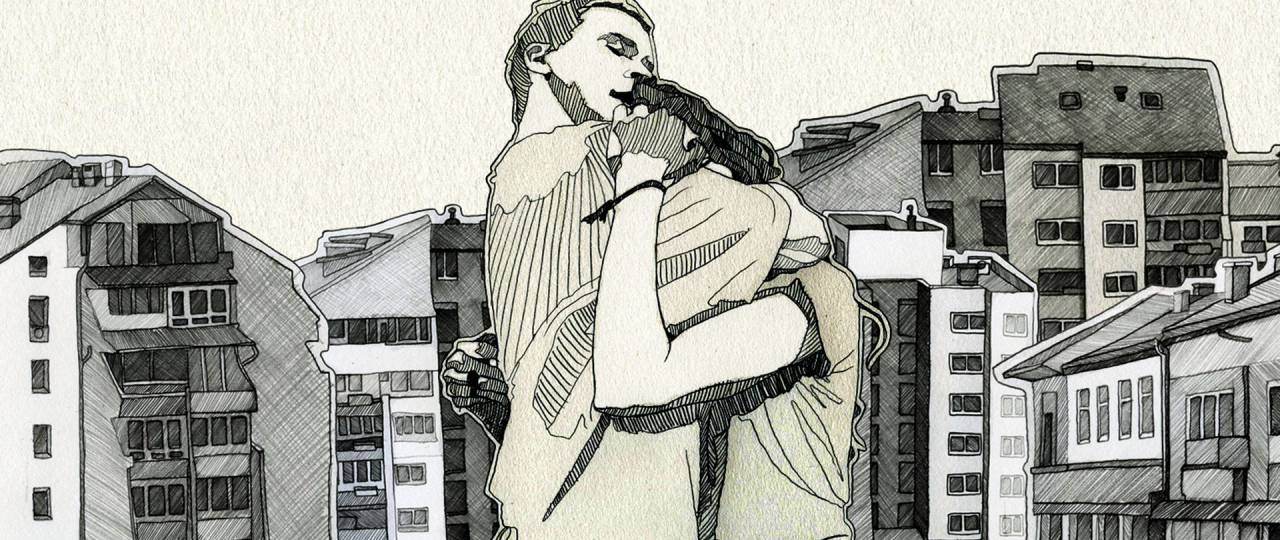
Director: Daniela Repas
Producer: Shrine13, Jessica Daugherty, Yellow Inc., Emma Louise Smith
Status: Development
Looking for: producers/co-producers, investors, sales agents, distributors, technical partners, graphic designers
Budget: $1,470,000
“In Bosnia, we have a custom – pouring water as someone leaves to wish them good fortune,” explained Daniela Repas. Her feature doc Pour The Water as I Leave mixes real-life testimony with fiction, as survivors of the Bosnian War of the 1990 advise two fictional characters who are attempting to escape the same war zone. A feature about displacement caused by war and ostracization of refugees – from their perspective – the project calls to mind last year’s Flee.
Pour The Water As I Leave looks to be a personal evocation of the director’s past and her own experience with being a refugee, and the lingering wound of displacement is etched into its pencil-on-paper rotoscoped animation. Early clips showed a style that embraced realistic detail in its use of dance and performance art in the representation of life in shelters, while also playing with perspective with some flattened, almost pop-up-like backgrounds. “A film about rebuilding,” it will likely be heavy but invigorating viewing.
Igi

Director: Natia Nikolashvili
Producer: 20 Steps Productions, Natia Nikolashvili, Vladimer Katcharava, Marlene Film Production, Sarka Cimbalova
Status: Development
Looking for: broadcasters, distributors, producers/co-producers
Budget: $1,050,000
An adaptation of a Georgian short story about the emergence of the first artists and thinkers, Natia Nikolashvili’s Igi looked fascinatingly minimalist. Its straightforward story matches its look, inspired by traditional Chinese paintings in a similar way to Te Wei’s animated short Feeling from Mountain and Water, demonstrating a similar embrace of faded backgrounds and brush-and-ink styling. “Like human history is just about to be painted,” Nikolashvili notes of the white backgrounds.
As for the story, the eponymous Igi is a young man who lives in a tribe where everyone walks on all fours. One day, he diverges and stands up straight and huge changes begin in his mind. Eventually people start to follow him. After a presentation full of incredibly high concept ideas, Igi, like its protagonist, stood out for walking in the opposite direction. Its embrace of simplicity felt genuinely idiosyncratic compared to the other projects pitched during the event.

.png)

